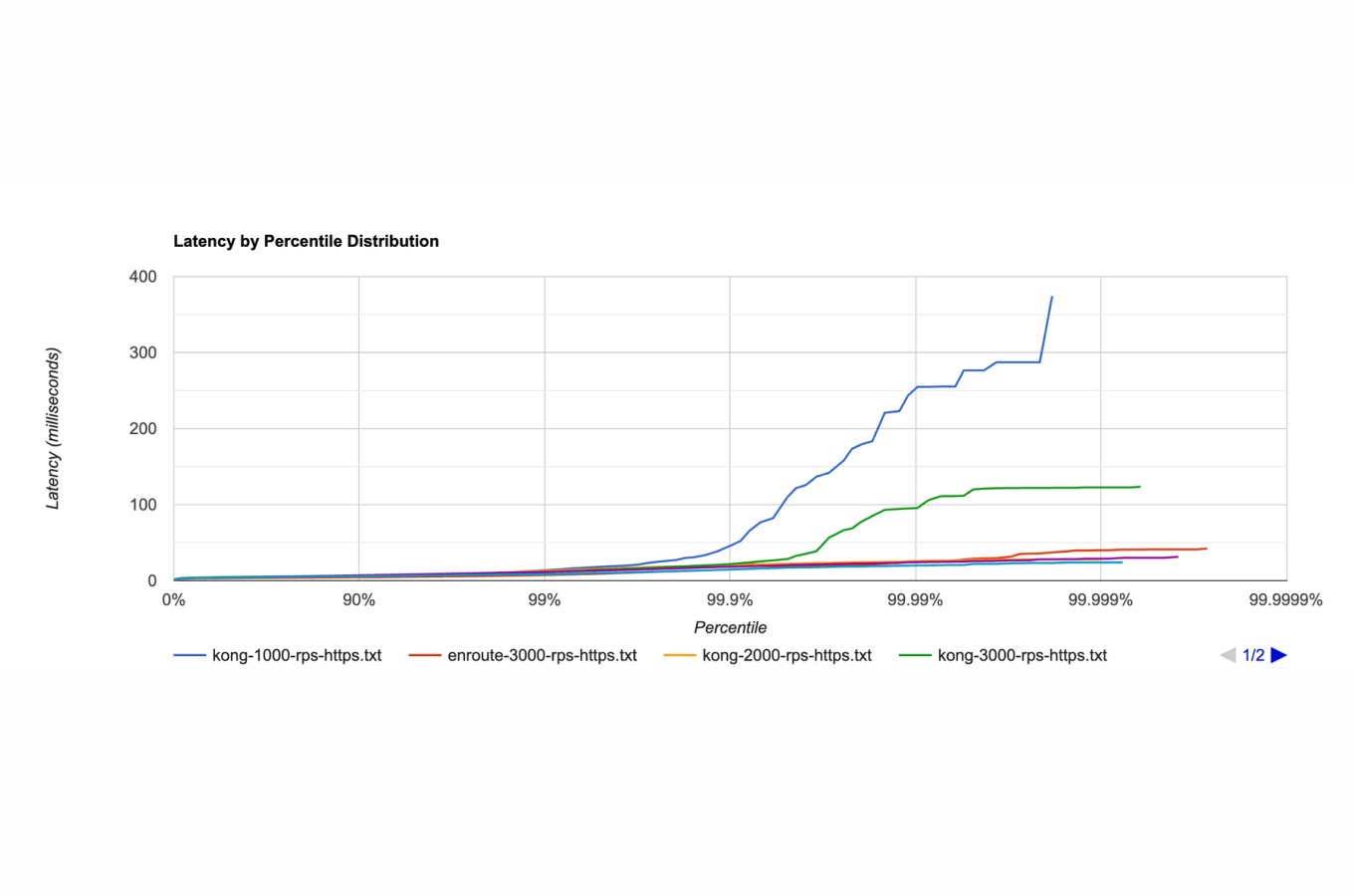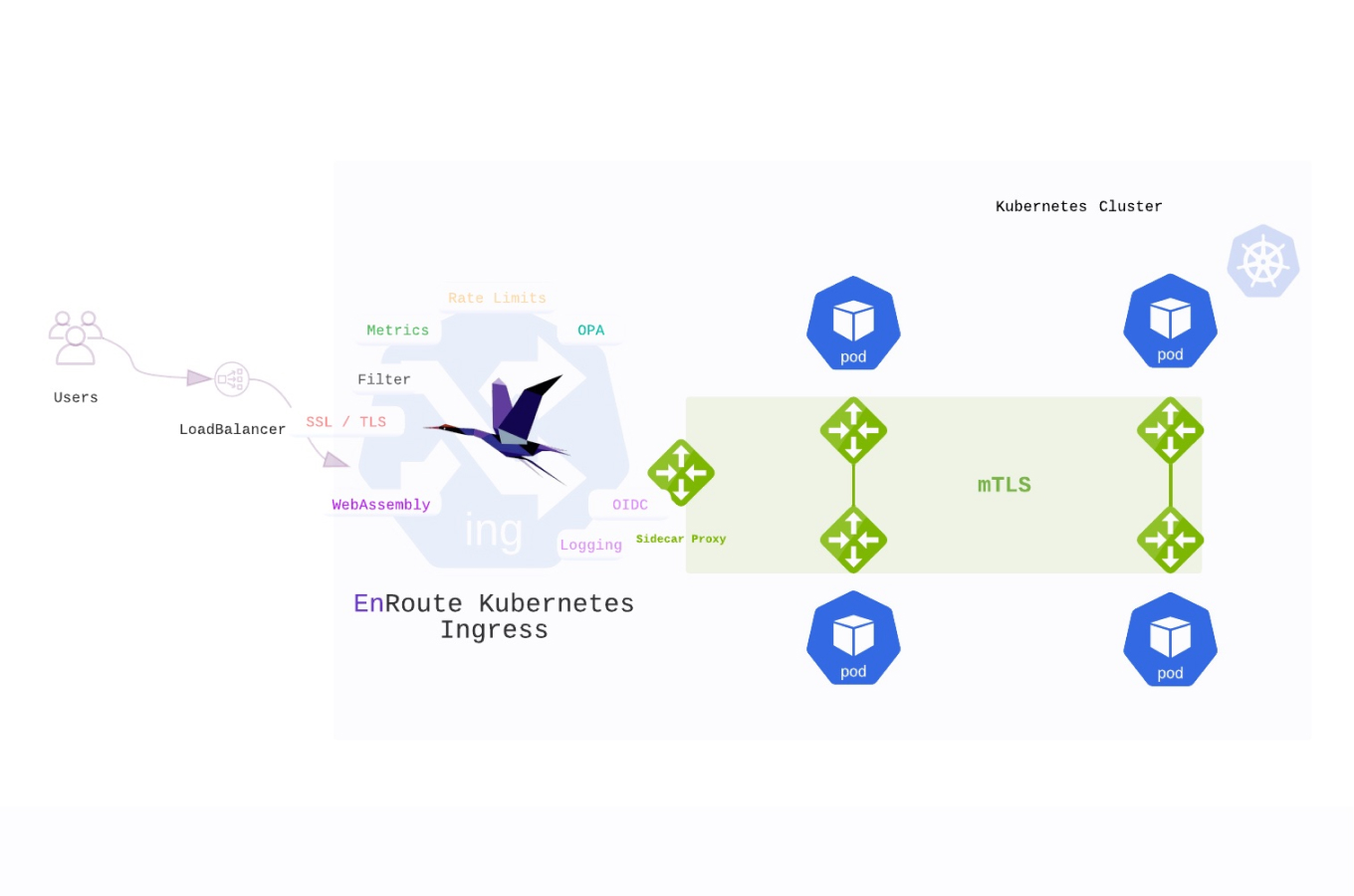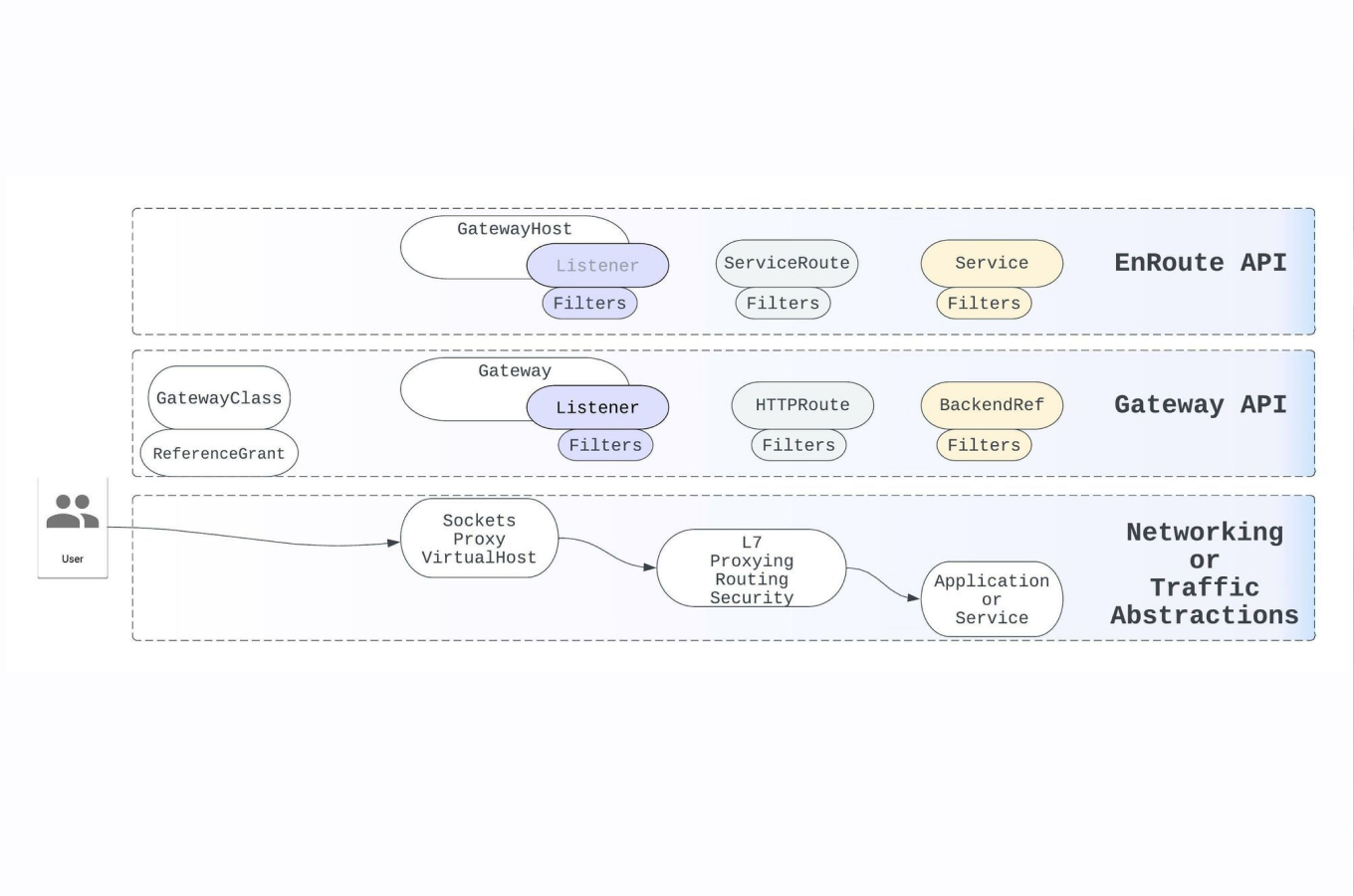DevOps Agility Needs Automatic Guardrails
While organizations today undertake digital transformation, they are increasingly adopting the API first approach to designing and executing on these initiatives. This coupled with devops practices is an integral aspect of these transformation objectives. While APIs provide a clear demarcation to implement these practices, they are also integral to driving DevOps practices that provide the agility to software releases.
However, this DevOps agility needs ensuring APIs are sanctioned and enforcement is not lagging. With agility, arises the challenge to keep all stakeholders in sync, especially the SecOps team that secures the delivery of these APIs. Keeping up with this DevOps agility needs checking and enforcing the security guardrails dynamically at the same pace.
If attention is not paid, DevOps agility can result in shadow APIs outside the purview of enterprise IT. This opens up an opportunity for API abuse. According to Gartner, API abuse will be the most frequent attack vector by 2022.
OpenAPI Spec - The Blueprint For APIs.
As stakeholders collaborate to design, build and deliver APIs, OpenAPI spec is adopted as a system to agree on and develop these APIs. In Service Oriented Architecture (SOA) for instance, it forms a mechanism to share information between the service provider, the service broker and the service consumer.
Using OpenAPI Spec As Declarative Guardrails For Your API
While the design of APIs is driven using OpenAPI, client and server implementations can be generated in a language of choice using this specification. The delivery of these APIs often involves an intermediate API gateway to provide access, monitoring, authentication, authorization and transformations.
However, oftentimes, API gateways are configured and run independently of OpenAPI spec. This results in configuration on the API gateway drifting away from what is specified in the specification. This potentially creates shadow APIs which are not in the confines of the API gateway and hence does not enforce any security (or other) policies on the API.
Ingesting OpenAPI Spec On An API Gateway And Detecting Drift
While there are tools to generate a client/server (in a language of choice) from OpenAPI spec, the intermediate API gateway ends up being programmed manually.
What if your OpenAPI Spec can be ingested by your API Gateway? And what if this Gateway can be run either as a standalone, sidecar or kubernetes ingress API Gateway.
With such automation, detecting drifts in API Gateway configuration from the OpenAPI becomes easy. It also simplifies updating the API gateway as a part of CI/CD process along with client/server/spec
Enroute Universal API Gateway is built on Envoy Proxy and can be programmed using OpenAPI Spec. It can be run either as a Standalone Gateway, at Kubernetes Ingress or as a SideCar to enforce the spec specific to a microservice providing this API.
Eliminate Shadow API And Enable DevOps Agility With Confidence
Programming the Enroute API Gateway using the enroutectl tool (that is packaged with the image) takes less than a minute. The tool can be used to keep the API Gateway in sync with OpenAPI Spec.
This mechanism of enforcement provides the necessary guardrails with APIs that ensure that APIs not managed or monitored by the IT department can be brought into the IT umbrella as soon as they are created.
Alternatively, shadow APIs can be discovered by opening a default path and monitoring it for traffic hits. This is a mechanism that unblocks the developer and allows for development velocity while IT can stay on top of new developments.
Additionally, enroutectl can also provide drift detection. As the OpenAPI spec gets updated, the tool can be run to check if the API Gateway is programmed with the latest spec.
L7 ACLs For Your APIs
Enroute provides a mechanism to create Layer-7 ACLs for your API traffic. Network ACLs are a popular mechanism for access control. Enroute provides the ability to automatically create and enforce API ACLs or framework for monitoring shadow APIs.
Secure Your APIs Using Advanced Rate Limiting
Enroute community edition ships with advanced rate-limiting. Protecting the API resource is critical both for internal and external use. Enroute can also enforce different rate limits for authenticated or unauthenticated users. More information about advanced rate limiting on Enroute Universal Gateway can be found in the article - Why Every API Needs a Clock.
Conclusion
Enroute Universal API Gateway provides runtime API conformance assessment and shadow API discovery.
Enroute’s flexibility allows running it in any environment, be it public cloud or private cloud. It also provides an ability to enforce Open API spec for your micro services running inside kubernetes.
Enroute Universal API Gateway community edition allows organizations to prevent API abuse without any cost. It enforces best practices while answering critical questions if the API is permitted or shadow.
Enforcing OpenAPI spec and eliminating shadow APIs is an underserved need, and is aggravated with adoption of DevOps. It needs a shift left approach to enforcing the Spec.
Enroute Universal API Gateway is an OSS project and also has a community edition that includes premium features like different rate limits for authenticated/unauthenticated users, canary deployments, OpenAPI Spec support and works Standalone or as Kubernetes Ingress.
Originally published at The New Stack












